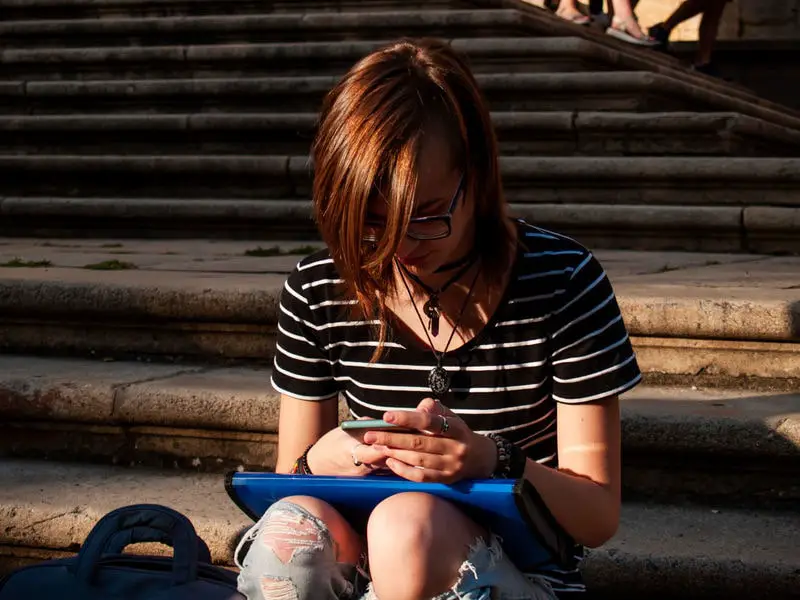Why does social media bring out so much hate in so many?

Many people suffer from the persecution and violence that is poured out on Twitter, Facebook or Youtube. The prosecutor’s office warns of the increase in hate crime on the Internet. Find out why aggression is spreading on the networks, who is suffering from it, and what can be done to stop it.
Do they make us aggressive
the social networks?
There are people who, just like when they drive, are transformed by surfing the net. When we communicate in the digital world we write things that we are not able to say face to face. Anonymity and a certain sense of impunity contribute to greater verbal violence. But many forget that what we say on our social networks leaves a mark. Is the Internet becoming an odious space? Documentos TV investigates this phenomenon in “When the Net is not Social”. (Here you can see the full documentary).
Who do HATERS hate?
Women, homosexuals, blacks, Muslims and gypsies are the main victims of professional haters. Their testimonies are proof of the harassment, violence and hatred they suffer every day when they connect to the Internet, especially on Twitter, Youtube or Facebook.
What are we talking about when we talk about hate?
“Hate is hard to define. Normally, when we ask a person what they feel when they hate, they usually talk about animosity, contempt, disgust. That is, a combination of other negative emotions. They seem to come together to give rise to that which we call and feel as hate”. This is explained by Ignacio Morgado, author of “Corrosive Emotions”, director of the Institute of Neuroscience at the Autonomous University of Barcelona.
We all feel hatred towards something or someone at some point in our lives. But it’s a real problem when it’s persistent and you end up falling into a spiral that leads to violence as reflected in the pyramid of hate.

When we feel hatred, the pre-frontal cortex of the brain is very active and the person who hates is continually trying to satisfy that hatred, probably seeking to harm the hated in some way.
Are we going to abandon the networks?
Victims and experts denounce that the platforms are not doing enough to stop the hate of many messages and videos. Facebook, Youtube and Twitter have promised to increase controls, but today it is a phenomenon that has no end in sight. In responses to Documentos TV, Youtube and Facebook claim that they are redoubling their efforts, increasing collaboration with different associations and groups, and using artificial intelligence to solve the mistakes they assume have been made so far.
The networks are highly questioned, and many people have begun to abandon these platforms, in protest, especially Twitter, the most criticized for its ineffectiveness in eliminating hate on its network.


